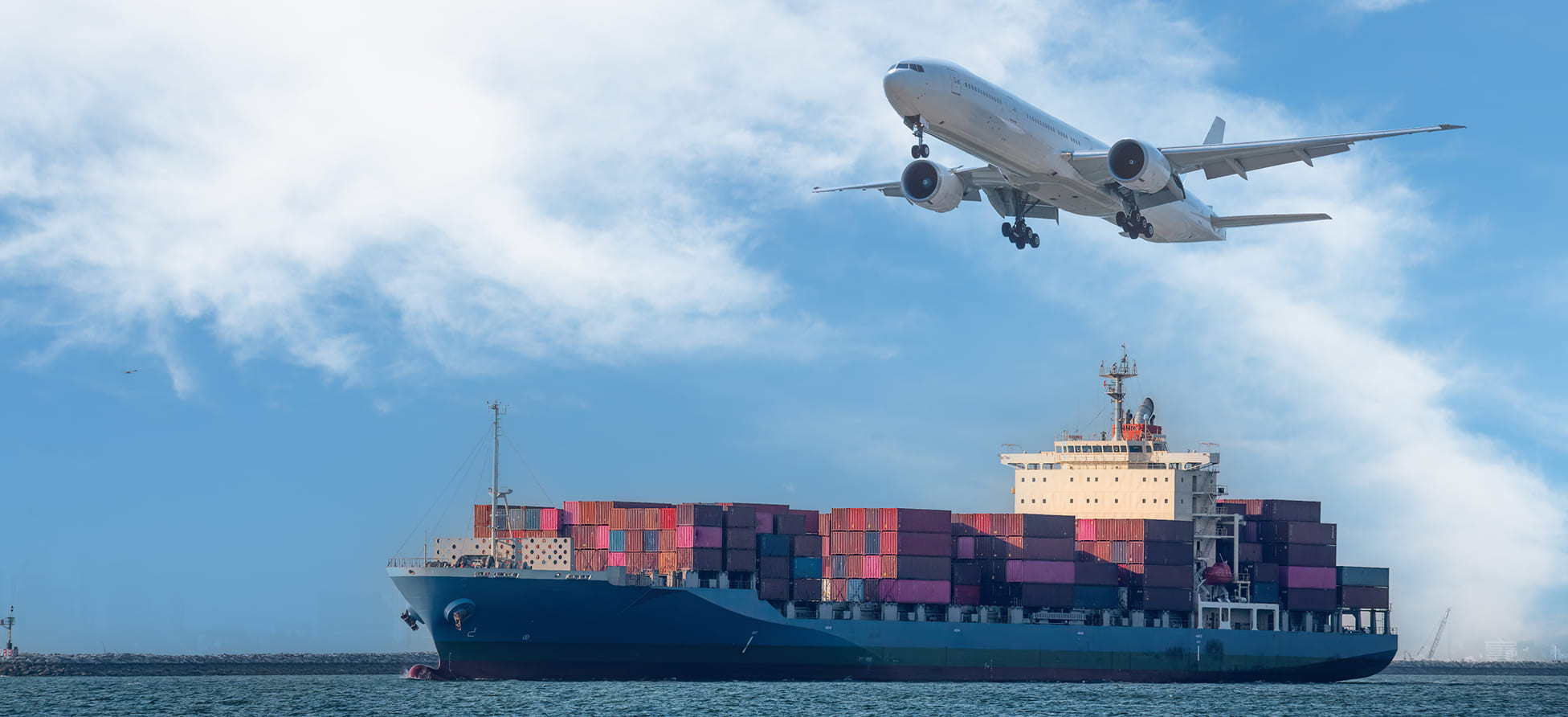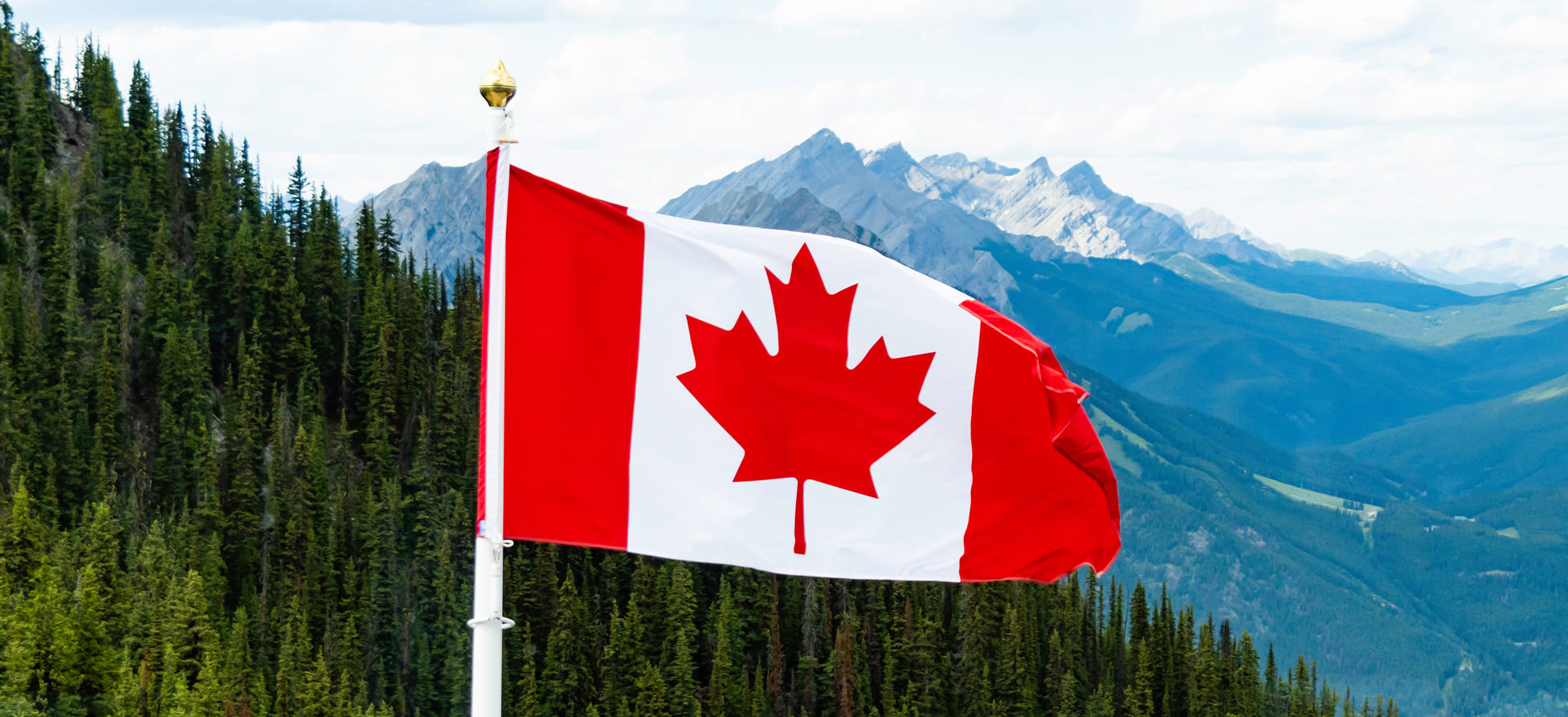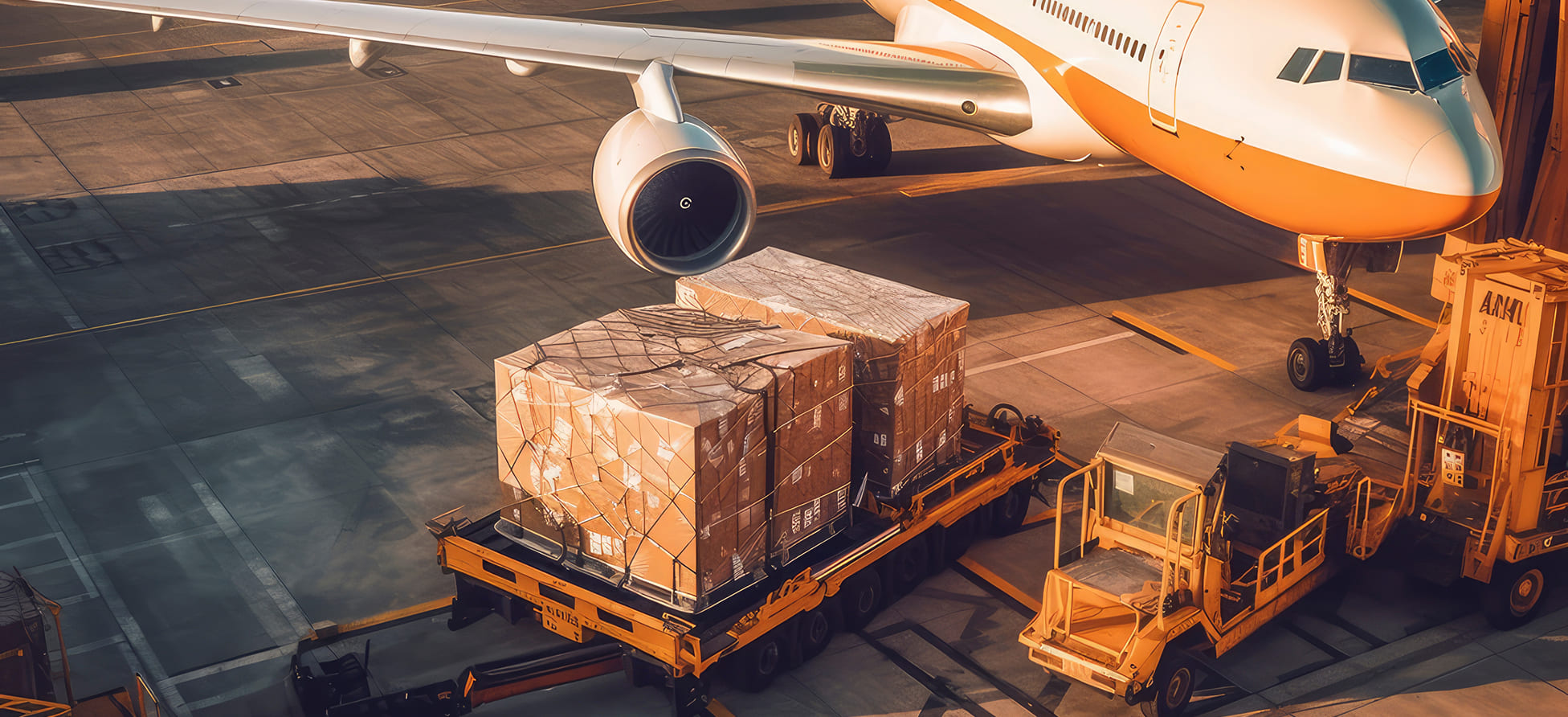12 Things to Keep in Mind if You’re Moving Overseas
Without question, moving overseas is an adventure. How could it not be? But – let’s be honest here – it can also be a source of real stress. The process isn’t easy, and there are guaranteed to be a few major surprises along the way. This is something I can vouch for personally, as a dog once bit my passport in half just as I was leaving for the airport.
So whether you’re headed overseas for a year, five years, 15 years – or a lifetime, there’s an incredible amount to think about. Here are a few general tips to help you plan — just general things to keep in mind…
Tip #1: Do NOT Procrastinate!
This one is obvious, but it still bears repeating: don’t procrastinate. If possible, start making lists and thinking of things you have to take care of a year out from your potential move. I know a year seems like an eternity, and I also know that many people don’t have anywhere close to that much time, but the more time you can devote to planning and problem-solving, the easier your move is going to be. (And I say this as someone whose most disastrous vacations are directly attributable to planning my itinerary in the airport lounge).
Know More Here: How to Create an Inventory when Moving Overseas
If you can’t do a year, take a good six months. Why? Because so much prep for an overseas move is about getting the paperwork in, getting it processed, and getting a response. Even though you might move quickly, bureaucracies move slowly, so it’s necessary to compensate for their “lack of alacrity.” You’ll thank yourself later.
Also, block off some evenings or weekends to actually read about your destination to get a better handle on the culture and the history of the place. In particular, research the experiences of other expatriates, which could save you a ton of time and trouble.
Tip #2: Consult an Immigration Expert
This step is indispensable unless you love spending endless hours with immigration officials in subterranean little rooms explaining—for the thousandth time—why your passport is only valid for another 20 days or why your name is spelled slightly differently on your travel visa than it is on your credit card.
Visiting many countries isn’t difficult at all, but when it comes to moving there – permanently or semi-permanently—things can get challenging. An immigration professional has the up-to-date information you need about the immigration requirements of every country on planet Earth (including many of the trickier ones like Japan, Bhutan, and Monaco). In virtually all cases, having proper documentation is an absolute must, and an immigration pro can advise you on what you need, and—in some cases—get you copies of the forms you need.
Tip #3: Prioritize Your Housing Search
Arranging accommodations inside your destination country while you’re still outside your destination country can be a challenging experience. And, of course, no one wants to show up at their new address, bags in tow, and find an empty parking lot or a construction site full of feral cats.
One option is to put everything in the hands of a relocation consultant and/or real estate agent who knows the local market. They can present you with a ton of options for a short, medium, or long-term stay, depending on your needs. This can be less of a hassle because it saves you time and energy (and lets you exploit knowledge you don’t have personally), but it inevitably costs a lot more than doing the work yourself, which involves reaching out to agents or private owners in the destination country and trying to negotiate things directly.
Read Here: How to ship furniture overseas on a budget
Another option, increasingly popular, is to rely on online services like Airbnb or Vrbo to rent housing for several months or a year and then use that time to explore the local market personally and secure long-term accommodations in the same way that any average citizen of the country might find them—that is, using a variety of online and offline resources.
Broadly speaking, however, if you want to make things easy on yourself, and you’re not on an especially tight budget, let professionals who understand the local real estate market—and local laws—handle things for you.
Tip #4: Carefully Research International Moving Companies

If you’re planning to move all or even most of your household goods, there’s really no way around it: you have to contact various international moving companies and find one that works best for you in terms of speed, volume, means of transport, storage, pricing and other services. Keep in mind too that bringing a lot of personal goods into another country requires at least one—and maybe more—permits, and international moving companies are actually well-versed in these requirements and the best ways of satisfying them. Not only will they help you—they’ll often manage the process.
Important: Always ensure that the company you pick is licensed and bonded.
At the moment, the very best international movers include the following five companies, all of which are well-established and highly reputable:
- International Van Lines
- Allied Van Lines
- Atlas Van Lines
- United Van Lines
- JK Moving Services
International Van Lines tops most lists of the best international moving companies on the basis of its size, flexibility, experience, and global reach. The company currently serves more than 180 countries.
Tip #5: Familiarize Yourself with Local Tax Laws
Ah, this is an important one if you want to remain a free citizen—or resident—of your new country, and in good standing with your old country. As noted, an immigration expert can help you in this area, but even so, it’s vital to put in some serious work, on your own, to figure out what you’ll owe going forward, and to whom. In some cases, you may owe nothing at all—at least for a while. (Many countries, for example, are introducing all sorts of tax breaks for so-called “digital nomads” and other categories of workers and residents, to incentivize immigration). Meet with an international tax expert to find out more about your current and future tax status if you’ll soon be living overseas.
Tip #6: Get Your Health Care Sorted Out
As anyone who pays attention to the US healthcare debate already knows (probably all too well), healthcare is done differently—often very differently—in other countries. The health insurance you have probably won’t be accepted if you visit a clinic or hospital in your new country and/or try to obtain prescription medications. If you’ve been transferred overseas because of work, it’s very likely that your employer will help arrange coverage for you and defer all or some of the costs, but there are certainly no guarantees, and many who relocate overseas often find themselves scrambling.
Read Here: The Best International health insurance for expats
Another option—one many expats go for—is to buy international health insurance. There is very active market in this area, and some of the biggest players are headquartered in the US, including Cigna and IMG. And don’t forget: refill your prescriptions before you go, because it might take a little time to see a physician locally. Give yourself enough time to figure things out, establish relationships, and ensure that you’re eligible for coverage and for treatment.
(Just a note: Do NOT follow my “I’ll just be extra-careful strategy”). The results can prove disastrous.
Tip #7: Manage Your Documents
With any kind of international relocation, paperwork is inevitable. As noted above, speak to an immigration expert about the stuff you need to fill out and get approved prior to your arrival in your destination country. Many countries, for example, require a travel visa, and the application process can be lengthy.
But spend some serious time on the most important document of all: your passport. Make sure it’s still valid, and obviously apply for one if you don’t have one. (I can’t tell you the trouble my brother had when he couldn’t come home for Christmas one year due to an expired passport). The passport application process can also be lengthy, so again, get going on this as early as possible. At the moment, it appears that wait times for US passports are back down to normal—about 6-8 weeks for most applications, and 2-3 weeks for expedited applications. But keep a close eye on things, because all sorts of events and conditions can interfere with processing.
Here’s a quick list of documents to locate and bring with you when you move, after which they should obviously be stored safely after moving overseas from the US.
- Birth certificate or adoption papers
- Child custody papers
- Driver’s license
- Divorce papers
- Medical/Dental records
- Social Security card
- Marriage certificate
- School records
Tip #8: Manage Your Pet’s Documents
This is an important one. Just ask the actor Johnny Depp, who brought two of his dogs to Australia from the US in 2015, without permission, and was given an ultimatum: remove them within 48 hours — or else. Depp had his pets removed, but it was an embarrassing episode and one that could have been avoided if he’d taken a bit more time to figure out the rules.
Know More Here: How to Transport Pets Overseas
Different countries have different live animal importation laws. Much of the time this is related to a desire to protect vulnerable native species or local agricultural products and exports, while at other times it can relate to cultural practices. Regardless, take the time you need to figure out your options. Some countries, for example, may forbid foreign pets entirely and/or restrict specific dog breeds, like pit bulls. In addition, you’ll generally require a health certificate to prove that your pets have had all their mandated vaccinations. In addition, some countries require your pet to be quarantined upon arrival, including Australia, New Zealand, Japan, and South Africa.
Tip #9: Get Your Vaccinations (if They’re Needed)
Check with your local health provider or government health department or agency to figure out which vaccinations you’re likely to require prior to traveling. You can also check the CDC’s website here. Depending on your destination country, there are almost always recommended vaccinations that can protect you in spots where there is a significant risk of contracting certain illnesses. Some vaccinations take a while to become effective, so again, start early! And remember: keep your vaccination documents with all of your other important docs.
Tip #10: Confirm Your Ability to Access Your Funds
In today’s hyper-connected global economy, it’s getting easier and easier to access personal funds electronically from almost anywhere. One of the first things you need to do prior to an international move is to figure out whether your bank operates in your destination country—perhaps in conjunction with a local bank. Also, check whether your debit card and/or credit cards will work there.
The answer to this latter question is generally “yes,” but not always. Most US-based debit cards issued by major banks in the US are accepted without difficulty all around the world, but the same isn’t always true for cards from smaller institutions, including credit unions. Because Visa and Mastercard are accepted virtually everywhere at this point, the best advice is to plan on relying on your credit cards until you can open a local bank account and get a debit card.
(Just on a personal level, I also make sure I have up-to-date debit cards connected to my PayPal account and Wise account (see below)).
It’s also worth noting that, in Europe, debit card use is far more popular than it is in the United States, so it’s almost certain that a US bank card from, say, Bank of America or Wells Fargo, will work in Europe. Here’s a great article about all the ins and outs of debit/credit card use in Europe.
Know More Here: How to Manage Finances when Moving Overseas
With a little diligence prior to your international move, you’ll be able to figure out whether you can open a new account in your destination country immediately. Some local banks allow you to open an account right away while others make you jump through quite a few hoops and demand a fixed address, a utility bill, a pay stub, etc.
Regardless of what you discover, consider the benefits of using services like PayPal, Wise, and Revolut. While none of these services are officially “banks,” they do generally allow you to hold funds in various currencies, transfer those funds internationally, and access those funds using a debit card. You can usually link these services to a bank account.
Tip #11: Confirm Cell Phone Service
Contact your current cell phone provider to determine if they offer affordable cell service in your destination country. If they don’t, consider “unlocking” your phone (if it’s not unlocked already) and then simply buy a local SIM card for your phone after you arrive. Sometimes it’s a lot easier just to buy a cheap unlocked phone online if you plan to live in your destination country for a relatively brief period of time. This saves you the hassle of having to unlock your current phone.
Another option is to buy a locked phone in your destination country connected to a local provider and plan. Dual SIM phones are increasingly popular as well, and allow you to switch between providers easily if you’re moving back and forth between your “old” and your “new” country fairly frequently.
It’s also worth exploring the benefits of Internet-based calling services like Skype, Facebook Messenger, Facetime, Whatsapp, and Signal. Whatsapp and Signal, in particular, place much more emphasis on encryption, which could be of significant value if you’re in a country with less-than-stellar safety and security.
Tip #12: Don’t Forget the Little Things
Here are a few things to remember that often slip through the cracks with an international move:
- Set up mail forwarding and change of address with the postal service. Ensure that your friends and family have your new contact info.
- Buy an international adapter for your electronics.
- Make a copy of your passport, ID, credit cards, and any and all important documents.
- Ensure that you have a decent amount of cash—both in US dollars and local currency. Do purchase traveler’s checks so you have access to funds immediately.
- Inform your bank and credit card company of your move.
International Van Lines: The World’s Premier International Moving Service
International Van Lines is the world’s premier international moving company.
Based in Coral Springs, Florida, but now serving more than 180 countries worldwide, IVL’s reputation for excellence continues to grow. Over the past 25 years, we’ve mastered every aspect of the international move process. There’s nothing we haven’t seen and no challenge we haven’t overcome.
Check out our rankings in publications like Forbes, USA Today, US News, and Consumer Affairs to get a feel for what IVL can do. These are rankings we’re incredibly proud of and that we work tirelessly to maintain.
Click here today for your free international moving quote!
Why IVL for your next overseas move from the US?

A simple question with a simple answer. IVL treats your personal possessions as if they were your own. That’s first. IVL has the knowledge, experience, personnel, and infrastructure that no other international moving company can match. That’s second. And finally, IVL has access and reach that none of our competitors can come close to equaling. IVL goes everywhere—with very, very few exceptions.
IVL makes use of both air freight and ocean freight when we move our customers’ personal possessions between continents and across international boundaries. In the case of both Canada and Mexico, we rely mainly on our enormous fleet of high-end moving vans. But whatever means of transport we rely on to get your stuff where it needs to go, we treat our cargo (which is your cargo) with enormous care at all times.
Read Here: Moving Overseas, How International Van Lines Crushes the Competition
Wherever you may be headed, it’s a destination—and a route—we know inside and out. We know all the potential obstacles and the peculiarities of every port and airport. We are aware of all the logistics. From clearing customs quickly to choosing the quickest and safest route to your final destination. It’s something we’ve been through many, many times before.
In the end, it’s our size, versatility, and expertise that make us far more flexible than every other international moving company. We can do more–and we inevitably do it better. And though moving internationally is immensely stressful at the best of times, IVL is constantly working to make the process simpler and more predictable for our customers. Indeed, for many of our customers, this is the first and last international move they’ll ever undertake, and that’s why we place such a premium on doing things right.
How Much Does an International Move Cost?
The cost of an international move obviously varies, depending on the destination and the difficulty of getting to that destination.
Check out our international moving cost calculator to get a feel for what your move might cost. There’s no doubt that moving costs ebb and flow in response to many different variables—fuel costs in particular—and relocating to, say, Vancouver, Canada is a very different thing than moving to South Korea or South Africa (both of which we serve).
But whatever the cost might be, we’re fully transparent with our customers about all fees and charges.
Read Here: The Cost of Small International Moves
This level of transparency is one that very few international movers are capable of replicating, for the simple reason they don’t have as much insight into their own processes—and potential expenses—as we do. It’s IVL’s size and resources that make this possible.
All of this is to highlight the fact that when IVL sends a final bill for its international moving services. That bill is never a surprise.
Click the link for a free international moving quote or contact IVL directly at 855-227-5698. We’d love to hear from you.
Josh Morales
What Specific International Moving Services Does IVL Offer?
Whatever your destination, remember: IVL’s international moving services are comprehensive and door-to-door. Below we offer a brief overview of what IVL delivers to customers, in broad strokes:
- Development of customized international moving plan, especially expensive and/or fragile items are involved (e.g., art, antiques, electronics, high-end automobiles).
- Full packing and unpacking services.
- Furniture assembly and disassembly.
- Comprehensive ocean and/or air freight services, combined with IVL’s fleet of moving vans.
- Debris removal.
- International vehicle transport using our roll-on-roll-off (“RoRo”) service.
- Varied storage options, including short-, medium-, and long-term storage (including climate-controlled).
- Full customs clearance management.
- Liability protection including full value protection.
- Full corporate relocation and military relocation services.
- Live chat and customer service 24/7.
- Easy shipment tracking.
Is There Anything Else I Should Know when moving overseas from the US?
To promote the speed and efficiency of the international move process, IVL occasionally partners with local movers. In addition, IVL requires a deposit. This deposit is approximately 25 percent of the total cost and is fully refundable up to 48 hours before the scheduled pick-up date.
Is International Van Lines Licensed?
Yes. IVL is licensed by DOT, FMC and AMSA.
What Do Our Customers Think?
Customer reviews of IVL at Trustpilot average 4.8/5 stars.
Contact IVL today. For your free international moving quote click here





